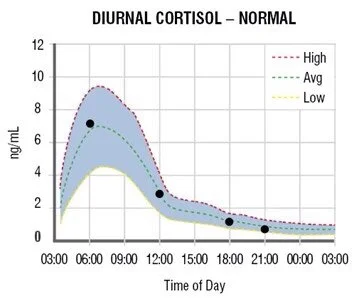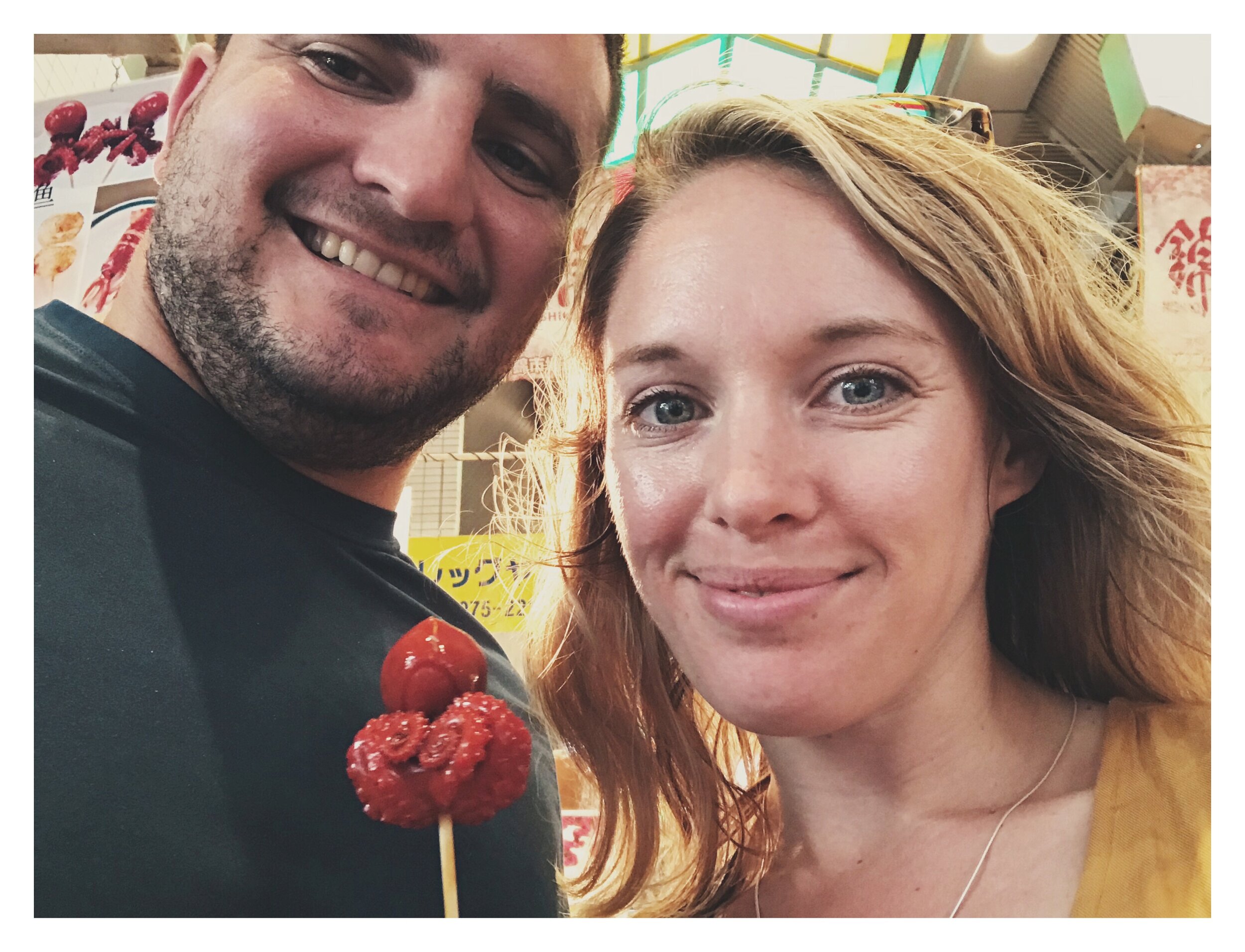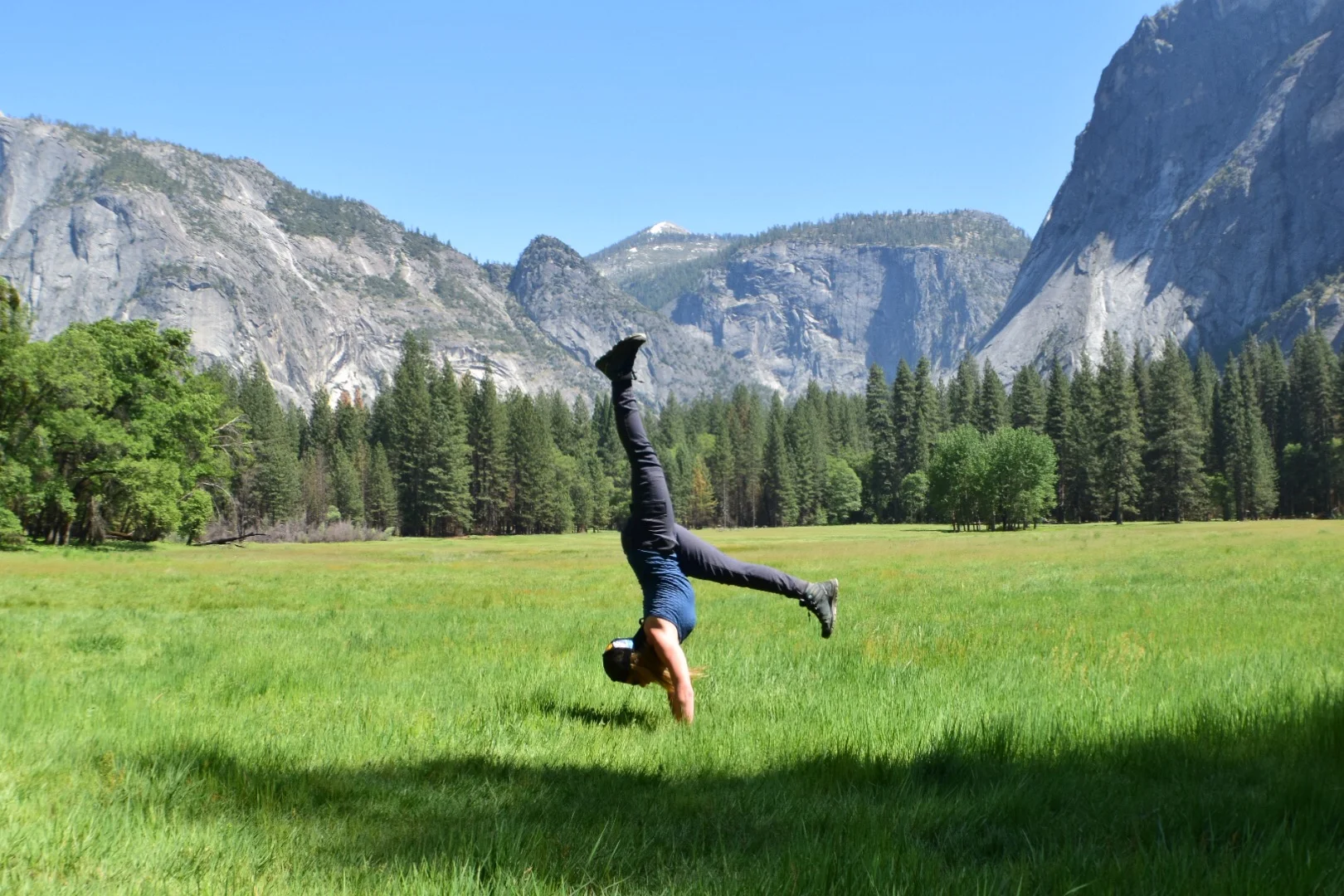The Secret to Drinking Coffee
I was taken by the power that savoring a simple cup of coffee can have to connect people and create community - Howard Schultz
Coffee, our beloved coffee. Not only is it delicious, but science demonstrates many health benefits of this long-reigning drink. Dr. Hensrud, from the Mayo Clinic, shares some of those benefits of moderate coffee consumption:
Decreased mortality
Protects against Parkinson’s & Type II Diabetes
Improves Cognitive Function
Reduces the risks of depression
Coffee, Caffeine, & Cortisol
It is common to grab a cup of joe first thing in the morning. The desire for early morning coffee can be because of coffee’s health benefits, the morning buzz, or a productive start to the day. Science is helping us to understand that coffee first thing may actually result in decreased alertness throughout the day. Does this mean no coffee in the morning? Not exactly! This research merely teaches us how to strategically time when to drink our caffeine!
Circadian Rhythm & Cortisol
First, let’s recap what your circadian rhythm is! It is your internal clock, which is roughly a 24-hour cycle that influences physiological processes such as sleeping, waking in the morning, eating, etc. Science Daily goes on to explain that there are clear patterns of brain wave activity, hormone production, cell regeneration, and other biological activities linked to this daily cycle.
An essential part of today’s topic is how our circadian rhythm influences our hormone production, especially our stress hormone, cortisol. The graph below demonstrates how, when healthy and in balance, our cortisol naturally raises within 30 minutes of waking for the day then starts to decrease throughout the day.
This pattern shows a normal rise in cortisol production within 30 minutes of waking for the day. Cortisol levels then drop throughout the day, reaching their lowest point at bedtime.
Caffeine, Cortisol, & Finding Balance
A morning cup of coffee maybe your sacred ritual. The caveat is that caffeine can further increase cortisol concentrations in your body! This energy boost may feel good at first, but it could result in more of a crash throughout the day.
More so, studies in humans have shown that caffeine increases cortisol at rest and that levels of cortisol after caffeine consumption are similar to those experienced during acute stress. Drinking coffee, in other words, re-creates stress conditions for the body.
The question then arises, how can we decrease our chances of re-creating stress conditions in the body? Registered dietitian, Anar Allidina, suggests drinking coffee two to three hours after waking up, adding the best times are between 9:30 a.m. to 11:30 and 1:30 p.m. to 5 p.m. “[This] is to take advantage of the dips in your cortisol levels when you need an additional boost.”
The Magic Time
“…the best times are between 9:30 a.m. to 11:30 and 1:30 p.m. to 5 p.m.”
-Anar Allidina
If you would like to read more in-depth on how coffee may affect your health, read Bryan Walsh’s article, “Coffee and Hormones: How Coffee Really Affects Your Health.” He speaks to coffee’s relation to the brain, nervous system, immune system, metabolism, brain function, and even mood.
As always, please reach out with questions, opinions, and personal experiences with this topic!
Have a balanced day!








